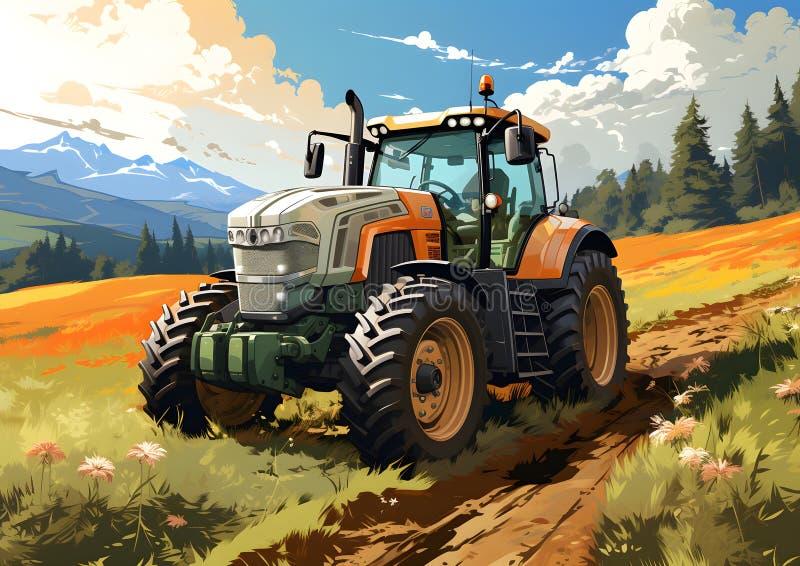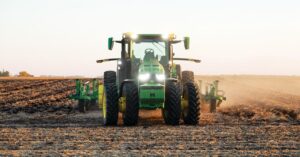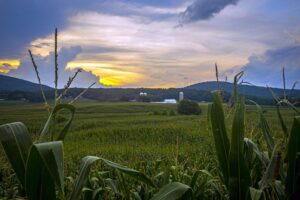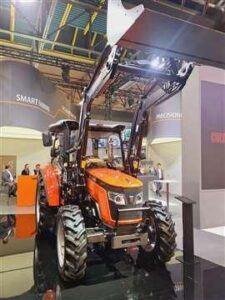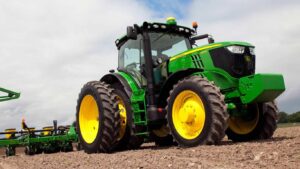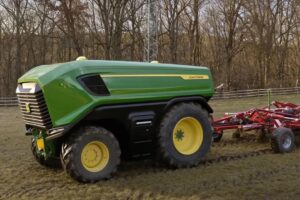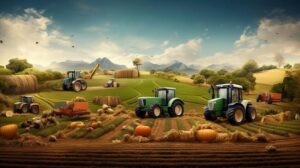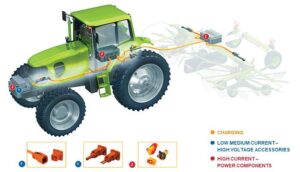Small farm tractors have emerged as vital tools in transforming rural economies across the globe. These compact agricultural machines, designed specifically for small-scale farming operations, represent a middle ground between manual labor and large industrial equipment. As land fragmentation continues and small-scale farming becomes increasingly prevalent, these specialized tractors offer farmers an accessible pathway to mechanization. Understanding their role in rural advancement and agricultural efficiency provides insights into how modest technological investments can drive notable economic improvements in farming communities. The mechanization of small-scale farming operations has become increasingly vital for rural communities seeking economic growth and lasting development. Compact tractors,typically ranging from 20 to 50 horsepower,serve as powerful catalysts for agricultural transformation and enhanced productivity in smaller farm settings.
These versatile machines enable farmers to accomplish various tasks efficiently, from plowing and planting to harvesting and transportation. By reducing manual labor requirements, small tractors allow farming families to manage larger land areas and diversify their crop production. this increased efficiency translates directly into higher yields and improved income potential.
Investment in compact farm equipment proves particularly beneficial for properties between 5 and 50 acres. Modern small tractors incorporate advanced features while maintaining simplicity in operation and maintenance. Their fuel efficiency and lower operating costs make them financially viable for modest farming operations, providing an excellent return on investment over time.
The accessibility of small tractors has created new opportunities for aspiring farmers and younger generations to enter agriculture.With more manageable initial costs compared to larger equipment, these machines remove significant barriers to entry in farming. This accessibility helps preserve agricultural traditions while introducing modern farming practices to rural areas.
Financial institutions have recognized the economic potential of small-scale mechanization, leading to increased availability of loans and financing options for tractor purchases. Government programs in many regions now offer subsidies and support for small farmers investing in agricultural equipment, further facilitating rural development.The impact extends beyond individual farms to entire communities. Local repair shops,parts suppliers,and equipment dealers create additional employment opportunities. Knowlege sharing among farmers about equipment operation and maintenance builds valuable social networks and strengthens community bonds.
environmental benefits also emerge from proper tractor usage in small-scale farming. Precise cultivation and efficient resource utilization help preserve soil health and reduce waste. Many modern compact tractors feature eco-kind technologies that minimize environmental impact while maximizing agricultural output.
Women farmers particularly benefit from these machines’ manageable size and ease of operation. This technological accessibility helps break gender barriers in agriculture and promotes more inclusive rural development.Training programs focused on tractor operation and maintenance have emerged as valuable tools for empowering female farmers.
The multiplication effect of small tractor adoption creates positive economic ripples throughout rural areas. Increased production capacity leads to better food security, stable local markets, and improved living standards. as more farmers embrace appropriate mechanization, rural communities become more resilient and self-sufficient.
Technical innovations continue to enhance small tractor capabilities while maintaining affordability. Features like precision attachments, GPS guidance, and improved safety systems make these machines increasingly valuable tools for sustainable agricultural development and rural prosperity.

